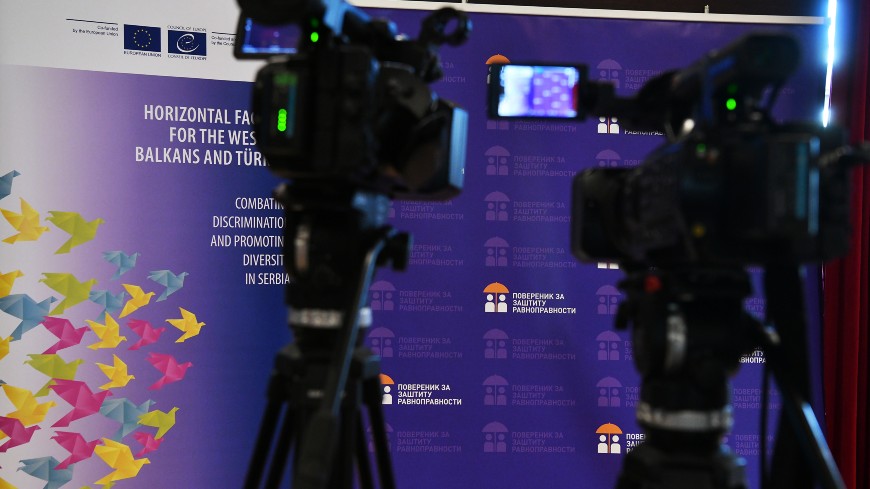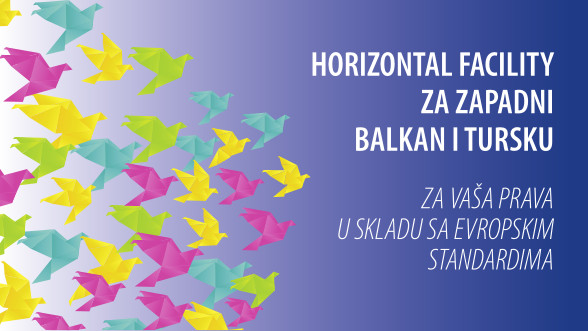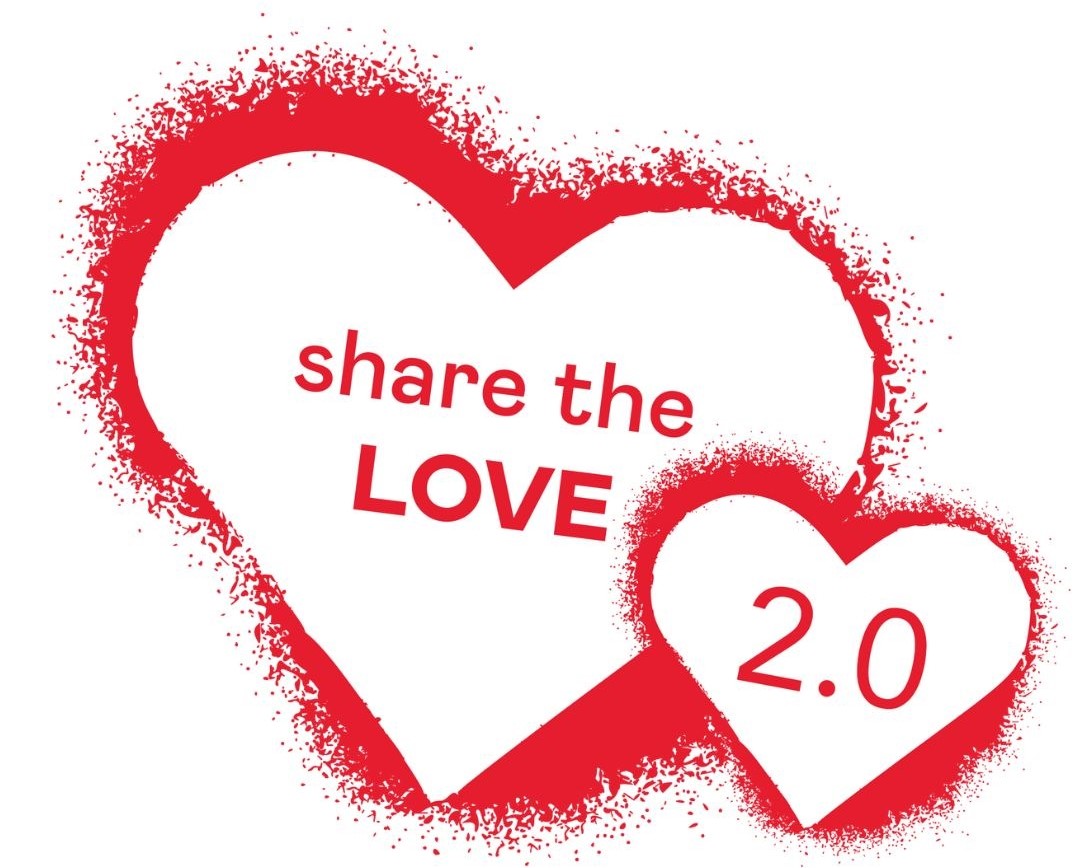“Hate speech undermines the very foundations of democracy and violates all norms of civilisation. Its damage is much greater than we can imagine, and we must not forget how short the response path of hatred, aggressive communication and open threats to physical violence is”, said Brankica Janković, Commissioner for the Protection of Equality, at the press conference on the occasion of the International Day for Countering Hate Speech, organised with the support of the European Union and the Council of Europe.
Hate speech, harassment, and humiliating behavior, as well as violent communication explicitly or implicitly threaten the rights of others and often incite real violence. The danger lies in the ability of hate speech to degrade, denigrate, and dehumanise individuals and groups, as well as to create an environment of exclusion, fear and division. Hate speech is prohibited by law, and its suppression is the right path towards the healing of our society, the Commissioner pointed out.
“To counter hate speech effectively, online and offline, the Council of Europe has developed the comprehensive set of standards and valuable resources, including the most recent the Committee of Ministers’ Recommendation on combatting hate speech adopted in 2022. The Recommendation serves as a benchmark for Council of Europe member states to guarantee and safeguard human rights and dignity of everyone”, said János Babity, Head of the Council of Europe Office in Belgrade.
Ambassador Emanuele Giaufret, European Union Ambassador to Serbia, stressed that hate speech is not the same as free speech and it is therefore essential to have strong and determines institutions to publicly condemn any form of discrimination and hate expression before it roots deep in a society.
“The EU takes strong action against it and the European Commission launched the initiative to include hate speech in the list of "EU crimes" outlined in the Treaty on the Functioning of the European Union. This should enhance the EU's legal framework to better tackle hate speech and hate crime. We have earlier also established a Code of conduct with leading global online platforms to react and suspense any form of hate and discriminatory speech. Serbia also took some steps within its legislative framework and the EU is closely monitoring the implementation of measures and will remain to support values securing cohesive and respectful societies”, said ambassador Emanuele Giaufret.
Tomislav Žigmanov, Minister of Human and Minority Rights and Social Dialogue, noted that freedom of speech is a universal human right, but that freedom is not absolute.
“Respect for this human right presupposes certain limitations and obligations of individuals, associations and state institutions to respect the rights and interests of others. Hate speech incites prejudice, spreads hostility and discrimination, often calls for violence and sends messages of bigotry and intolerance. The Government of the Republic of Serbia is strongly determined to use its policies and mechanisms to strengthen the fight against hate speech in all sectors, ensure the implementation of laws and increase the level of responsibility for all forms of violence and abuse“, said minister Žigmanov.
The results of the analysis on the (mis)use of sensitive terms in the media were presented by Anja Anđušić from the Media Diversity Institute - Western Balkans, and journalists Silvija Slamnig, Nevena Madžarević, Milivoje Mihajlović, Veljko Miladinović and Đorđe Vlajić participated in the panel discussion "Does the media ’’like'' hate speech?", building upon the findings of the analysis,while Milivoj Bešlin, historian of the Institute of Philosophy and Social Theory of the University of Belgrade, spoke about the contemporary challenges faced by anti-fascism movement.
The event was organised by the Commissioner for the Protection of Equality with the support of the "Combating discrimination and promoting diversity in Serbia" action which is a part of the joint European Union/Council of Europe programme "Horizontal Facility for the Western Balkans and Türkiye”.




